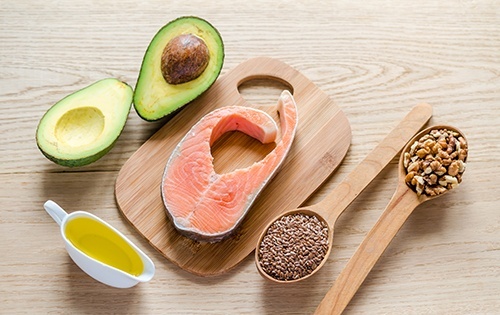Why You Need To Stop Calorie Counting Right Now

Recently Mountain Trek’s nutrition expert Jennifer Keirstead was asked whether calorie counting is beneficial for those who are looking to lose weight and improve their fitness. Below is her response but before we jump into it, let’s first define the subject at hand.
What Is Calorie Counting?
Calorie counting is the act of adding together the caloric value of food(s) that one eats. The history of this practice dates back to 1900 when Wilbur Olin Atwater and his associates at the Connecticut Agriculture Experiment Station determined the caloric values of a number of food components (i.e., the protein, fat, and carbohydrate isolated from various foods) by multiplying the heat of combustion of the food with correction factors that take into consideration incomplete digestion or oxidation of the food in the body. The conversion factors determined by Atwater and his associates remain in use today.
Why The Calorie Calculation Formula Is Skewed
Despite the fact Atwater built-in various correction factors for caloric values, they do not account for:
- variation of individual absorption
- the influences of an individual’s intestinal bacteria and that affects on absorption (these change depending on the history of travel, antibiotics, and present diet)
- variation in nutrient density of today’s foods compared to foods from those used in the Atwater research of 1900, which were less processed, more organic and more local
- and they exclude many nutrients that were unknown in 1900 (the number of known nutrients to science in 1900 was fewer than 16 whereas now it’s exponentially higher than that.
Moreover, both meal timings and meal composition also have an impact on how calories are absorbed by the body.
Why A Calorie Isn’t Just A Calorie
Now that we’ve looked at the history of calorie counting and why it can be considered inaccurate, here is Jennifer’s further response to why calorie counting isn’t worth it:
“Not all calories are created equal. Take the example of an ice cream cone versus an avocado: both are calorie-rich foods but the calories in the ice cream cone are considered “empty” because they don’t offer the body any nutritional value. They simply spike our blood sugar and leave us feeling lower in energy after we eat them. However, the calories from real foods, like the avocado, offer the body nutrient-dense calories that are full of vitamins, minerals, and fiber.
Your body gains energy, antioxidants, and digestive support from the calories in real foods. But it’s important to remember you can still overeat the good calories too. It’s great to be mindful of how much we’re eating, regardless of where the calories are coming from!”
It can be argued that Mountain Trek stresses specific (and different) caloric intake for women and men but this is a rough guideline and it’s important to remember the entire nutrition tenant of the program includes many proven elements such as only eating real foods, abstaining from cortisol-raising foods such as sugar and caffeine and stressing the importance of meal timings and composition.
What is Mountain Trek?
Mountain Trek is the health reset you’ve been looking for. Our award-winning health retreat, immersed in the lush nature of British Columbia, will help you detox, unplug, recharge, and roll back years of stress and unhealthy habits. To learn more about the retreat, and how we can help you reset your health, please email us at info@mountaintrek.com or reach out below:








